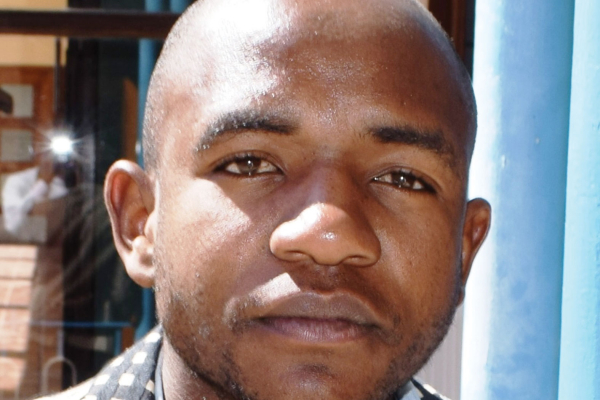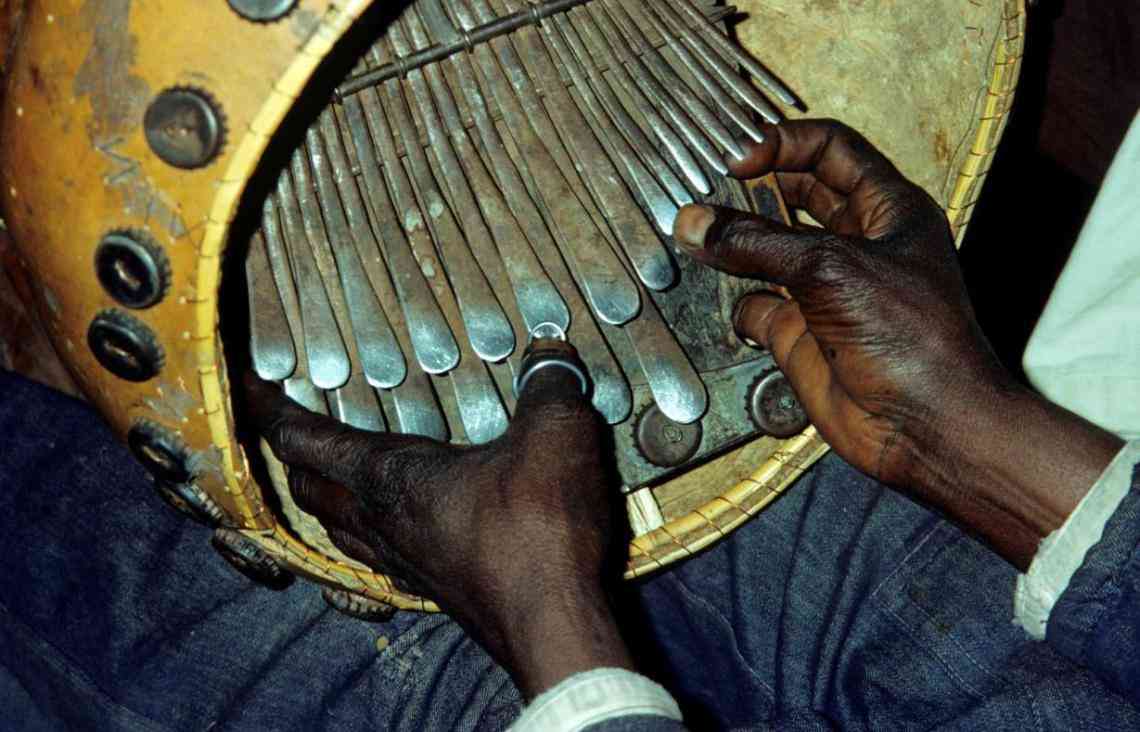
SNEAK PEEK Beniah Munengwa
Stanley Nyamfukudza (SN) is one of Zimbabwe’s longest established writers whose 1980 publication, The Non-believer’s Journey, is centred on the war of liberation against colonialism.
He has also published two short story collections, Aftermaths (1980) and If God Was a Woman (1991). Below are excerpts of an interview with him;
ND: You have two highly acclaimed publications, Aftermaths and The Non-Believers Journey. Should we expect another title or more?
SM: There was another title after that… I now write slowly due to time limitations. I’m going to stop working full time and that should speed things up a bit.
ND: You spoke in your keynote speech at therecently held Zimbabwe International Book Fair indaba that if we are to recreate the books boom of the first two decades of independence, we need not to look merely at whether the fiction pays or not. May you kindly clarify?
SM: I mentioned first that if you imagine you can make a living out of fiction writing in Zimbabwe, you might be fantasising. Zimbabweans may like reading, but they prefer a book someone else has bought. The corollary of that is that book publishers are not likely to make as much with fiction as they do with textbooks. That may cause reluctance to publish fiction.
ND: What part did the government play towards the book boom of the first two decades?
- Chamisa under fire over US$120K donation
- Mavhunga puts DeMbare into Chibuku quarterfinals
- Pension funds bet on Cabora Bassa oilfields
- Councils defy govt fire tender directive
Keep Reading
SM: I became an editor in 1981 and my bosses then said government expects us to publish Zimbabwean fiction and I understood that to be one of the key aims of my job; to find publishable Zimbabwean writers.
ND: Can you kindly take us into that?
SM: I don’t know why it is no longer like that. It was known and accepted at the outset that there was no money in it, unless a book became a set book. Well then, how could your book become a set book unless you published it first?
ND: Did the ZIBF contribute to the book boom?
SM: Indeed! In my view, it was the hub of literary cultural activity; publishers, writers, readers young and old and book awards, drama and poetry reading and music all came to a climax at the book fair. It was genuinely international. There was a new confidence about being Zimbabwean.
ND: What can it do now?
SM: We are going through lean times. But if we allow it, they can be very mean times. We can’t keep saying “not now” to all good things. We must refuse to allow the doomsayers to have sway all the time. We can do some of these things even now.
ND: In your speech, you also emphasised that for children to read, we must give them books. Were you making reference this period, when children would rather be on social media?
SM: I was referring to young children under 10. Are they also hooked on social media? Who gives them the airtime and smartphones?
ND: What would you say about the notion that publishers have somehow retreated from the book fair, making it largely a meeting of writers?
SM: I don’t want to demonise anyone (laughs). Were they invited?
ND: What is the best way, going forward?
SM: We need a revival of our cultural and literary institutions, chuck out do-nothing chairpersons and start coming together and mobilising and lobbying again.
ND: There is the notion that the real book fair is the exhibitions in the garden, but the chair of ZIBF thinks otherwise, arguing that the indaba, writers and librarian workshops are key. What is your take?
SM: I suspect that he is right. I hope so.
ND: Do you think our children will, today, be privileged to come across better books on the books shelf?
SM: Where? I’m told bookshops are selling other things these days; toys and so on.
ND: And will they enjoy them?
SM: That will never change. Even in places without our dire bread and butter challenges, children’s books are being written and enjoyed. Books are here to stay, thank God!











